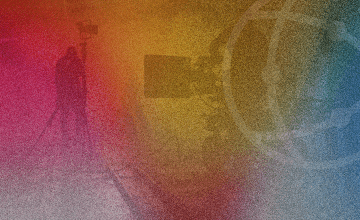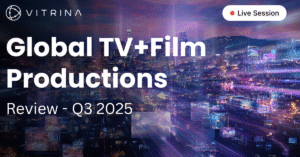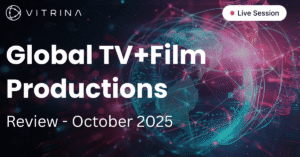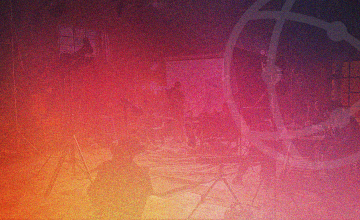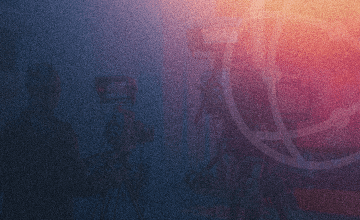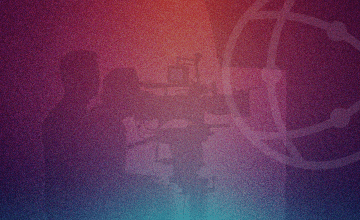New Film “Heretic” Emphasizes Human Creativity Over AI
Scott Beck and Bryan Woods’ latest film, “Heretic,” set to release on Nov. 8 through A24, sparks engaging conversations about faith and humanity. However, observant viewers will spot a unique note in the credits: a declaration that “No generative AI was used in the making of this film.”
Plot Overview
“Heretic,” which follows two Mormon missionaries (Sophie Thatcher and Chloe East) trapped in the home of a mysterious man (Hugh Grant), employs minimal visual effects. Woods expresses that they felt it was essential to provide audiences with this discussion point.
Importance of the AI Discussion
“We have no illusions that when people watch ‘Heretic’ they’re going to think, ‘Wait, did they use generative AI?’” Woods remarks. “It doesn’t feel like that at all, but it was crucial for us to highlight this topic because we believe it’s something that needs to be addressed.”
Understanding Generative AI
Generative AI refers to artificial intelligence that can create images, videos, text, and other content based on prompts. Its early developments have enabled users to alter nearly any aspect of post-production and even generate entire videos from scratch, with its application seen in blockbusters like “Furiosa” and “Alien: Romulus.”
Critique of AI Technology
Woods is straightforward about the technology, characterizing generative AI as “an algorithm jumbling a bunch of stuff together and then presenting it as art. It’s not human and it borders on theft.”
“This idea that an algorithm can just scrape all of human history and art from the internet, repackage it, and spit it out for someone else to profit from … I question why that’s legal,” he adds. “It’s crucial for people to engage in discussions about the necessity of human involvement in art, business, and all aspects of life, as we stand on the brink of potential job losses due to AI advancements.”
A24’s Support for Artistic Integrity
Beck expressed his satisfaction that A24, the film’s studio, supported this addition to the credits.
“As far as we’re aware, they’re completely on board,” he states. “They’re a studio that is truly artist-friendly in the best sense. It feels like a collaboration with real people rather than algorithms, and we respect that human touch, especially in a time when we’re facing significant ethical challenges in creativity.”
Industry Trends and Concerns
The filmmakers’ criticism comes amid a surge of partnerships between studios and tech companies, with Blumhouse recently collaborating with Meta to explore generative AI filmmaking tools, while Disney formed a group to oversee AI usage responsibly.
The Future of Filmmaking and AI
Woods acknowledges the allure of this new technology but warns of its threat to the essence of filmmaking. A recent study by Goldman Sachs, reported by the New York Times, predicts that generative AI could potentially replace over 300 million full-time jobs, a concern that Woods articulates clearly.
“AI is an incredible technology,” he remarks. “It has the potential to create beautiful things, and what is being produced with generative AI is astonishing. However, we should consider burying it deep underground, as it could ultimately lead to our downfall.”
Person
Scott Beck, Bryan Woods, Sophie Thatcher, Chloe East, Hugh Grant
Company Names
A24, Blumhouse, Meta, Disney, Goldman Sachs
Titles
Heretic, Furiosa, Alien: Romulus
Disclaimer: This article has been auto-generated from a syndicated RSS feed and has not been edited by Vitrina staff. It is provided solely for informational purposes on a non-commercial basis.
























